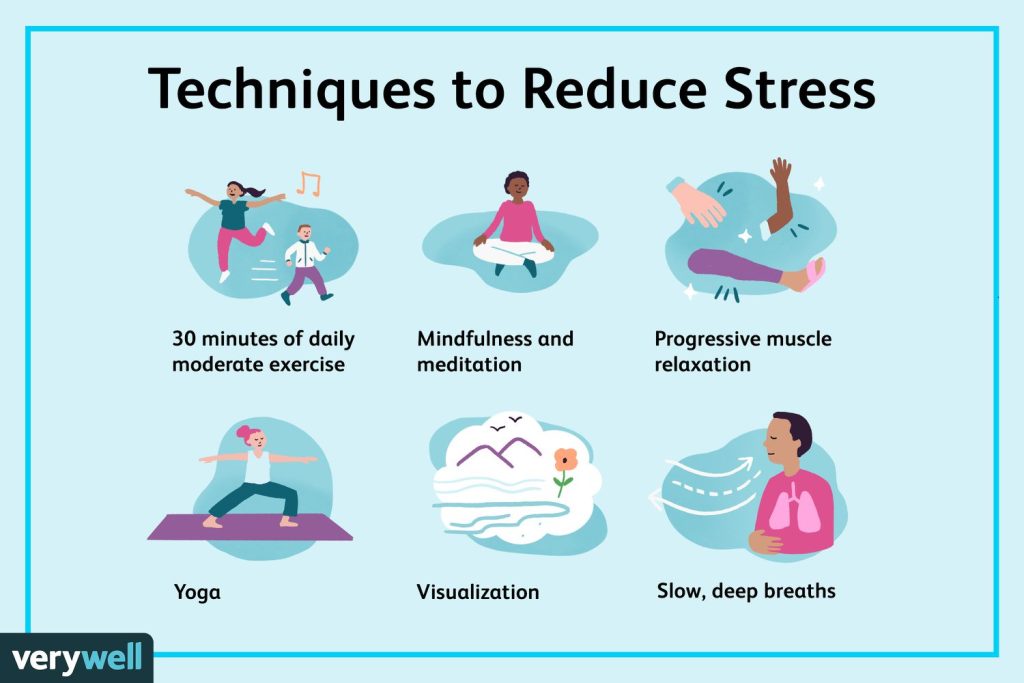
In our modern, fast-paced world, stress has become an unwelcome companion for many people. The constant demands of work, family, and social obligations can leave us feeling overwhelmed and mentally exhausted. Fortunately, mindfulness offers powerful tools to combat daily stress. These techniques don’t require special equipment or hours of practice – they can be seamlessly integrated into your existing routine.
1. The STOP Technique
One of the simplest yet most effective mindfulness practices is the STOP technique. When you notice stress building, simply: Stop what you’re doing, Take a deep breath, Observe your thoughts and feelings without judgment, then Proceed with intention. This 30-second practice can prevent stress from escalating and help you respond rather than react to challenging situations.
2. Sensory Grounding
Our senses provide powerful anchors to the present moment. The 5-4-3-2-1 technique engages all your senses: Name 5 things you can see, 4 things you can touch, 3 things you can hear, 2 things you can smell, and 1 thing you can taste. This practice is particularly helpful when anxious thoughts about the future or regrets about the past become overwhelming.
3. Mindful Breathing
Conscious breathing activates the parasympathetic nervous system, which counteracts the stress response. Try the 4-7-8 technique: Inhale for 4 counts, hold for 7 counts, exhale for 8 counts. Repeat this cycle 3-4 times. Research shows this pattern significantly reduces cortisol levels and induces relaxation.
4. Walking Meditation
Transform ordinary walks into mindfulness practice by focusing on the sensation of movement. Notice the lift of your foot, the swing of your leg, the placement of your step. When your mind wanders (as it will), gently bring attention back to the physical experience of walking. This is especially beneficial for people who find seated meditation challenging.
5. Gratitude Reflection
End each day by writing down three things you’re grateful for. This practice trains your brain to notice positive experiences, creating a buffer against stress. Neuroscience research reveals that regular gratitude practice can actually rewire your brain to be more resilient to stressors.
Remember that mindfulness is a skill that improves with practice. Start with just 2-3 minutes daily and gradually increase. Over time, you’ll develop greater emotional regulation and find yourself reacting to stressors with more clarity and calm.



